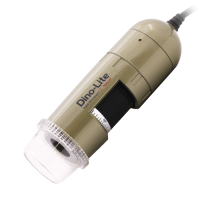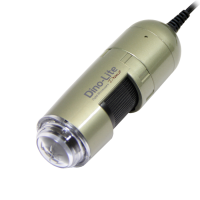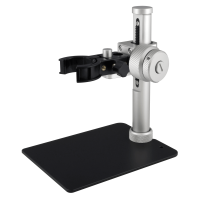STEM CELL RESEARCH
Stem cells
The investigation into the potential of stem cells is still in its infancy. Numerous scientists and research groups all over the world are investigating the possibilities. A stem cell or a 'cellula praecursoria' is a cell that is still able to change into a different cell type. For example, stem cells may transform into cartilage cells, kidney cells or lung cells.
The ability to differentiate, of course, has the considerable attention from scientists since this allows in theory to form a hart, ear or lung outside of the body. However, stem cells do not grow overnight.
"They should be mounted on a base material, which is called a 'scaffold' in technical terms," said Rijnveld.
"The elasticity of the scaffold partially determines the elasticity of the final culture material. That is important because for example when breeding cartilage for an ear, you want soft cartilage, but if you grow cartilage for a knee, you want hard cartilage. Indeed, it is not only the DNA that determines the final elasticity of a fabric, external factors such as the elasticity of the scaffold also play a role. In addition, we also want to know the elasticity of the tissue resulting from the culture, in order to assess whether the tissue meets the requirements."
Scientists want to know exactly what the elasticity of the scaffold and cultured materials is, and they are now able to measure this with the Piuma Nano Indenter of Optics 11, a young company that currently employs ten people. The measurements and the structure of the scaffold are captured with a Dino-Lite 1.3 megapixel USB microscope from the Edge series, which is built into the Piuma Nano Indenter.
Measuring with light
The measurement of the elasticity is not done in millimeters but in nanometers. A nanometer is one billionth of a meter. To get an idea of the size: a fingernail grows five to ten nanometers per minute. The actual measurement is done with light through a glass fiber that hangs above a strip of glass. The strip of glass is fixed to one side so that it can bend freely at the other side. Glass bending is measured by determining the distance from the light to the strip of glass. At the end of the strip of glass is a so-called "probe", which presses the material to be examined. Such a probe may be of various materials and is generally drop-shaped in order to determine the elasticity of the material to be examined as accurately as possible.
The entire measurement process is recorded from above by a Dino-Lite Edge 1.3 megapixel microscope. The microscope shows the sample and the probe and can show how measurements are done at various points of the sample. Small variations in elasticity may have major implications for the development of the cells. Dino-Lite shows this measurement process very clearly and underpins the observed measurements to explain possible variations in the measurements.
"It is the best USB microscope we could find," says Rijnveld. "We have experimented with many digital microscopes, but Dino-Lite delivers the best microscope for a competitive price. The built-in LED light is added value for us and the researchers can watch on the screen of the laptop connected to the Nano Indenter. They can completely record the measurement, but they can also choose to capture only parts of the measurement. Dino-Lite meets all our requirements and therefore Dino-Lite is a standard part of every Piuma Nano Indenter that is shipped."
MORE APPLICATION STORIES
The official main distributor and importer for Europe, the Middle-East and Africa. Privacy statement and General Conditions. To withdraw consent use this form copyright © IDCP B.V. - The Netherlands
The official main distributor and importer for Europe, the Middle-East and Africa. Privacy statement and General Conditions. To withdraw consent use this form copyright © IDCP B.V. - The Netherlands
The official main distributor and importer for
Europe, the Middle-East and Africa.
Privacy statement and General Conditions.
To withdraw consent use this form
copyright © IDCP B.V. - The Netherlands




















